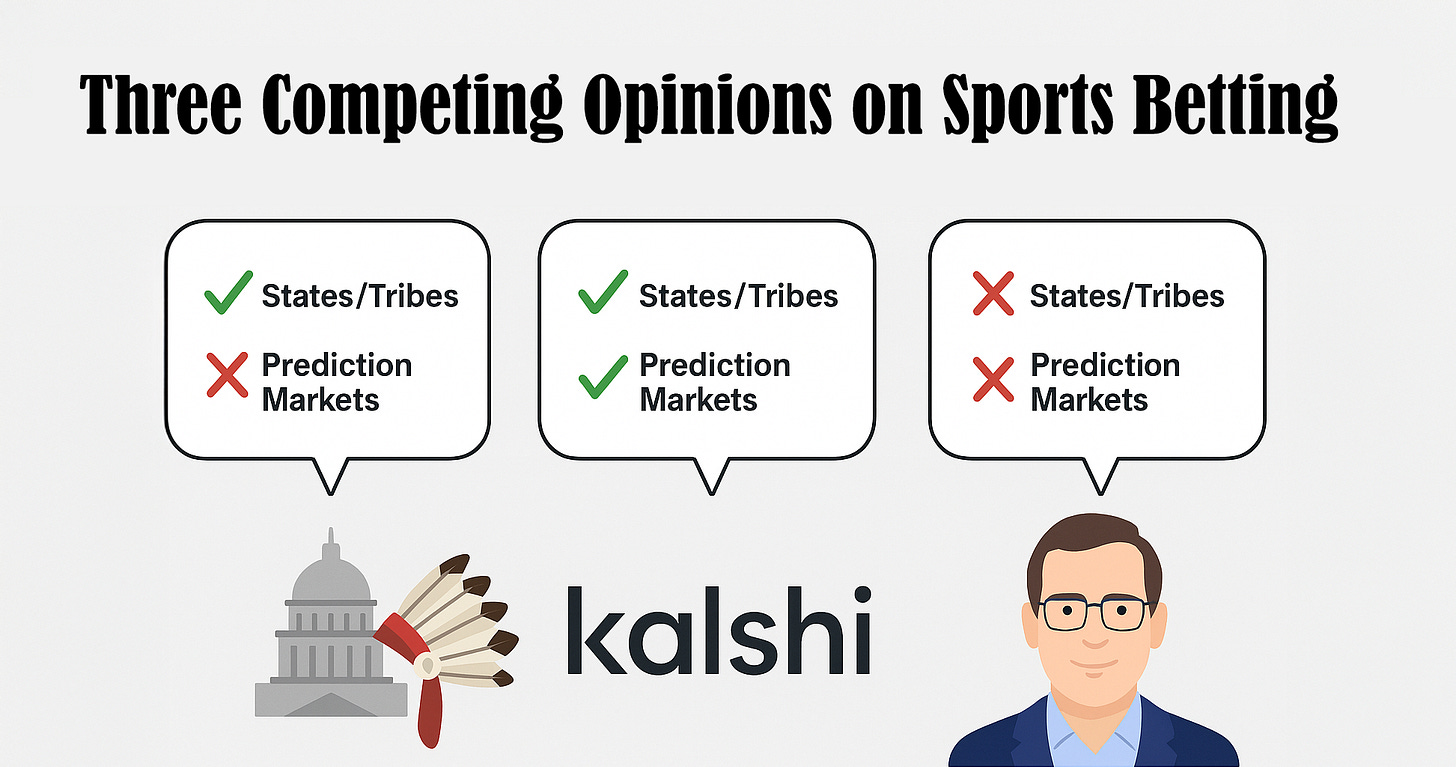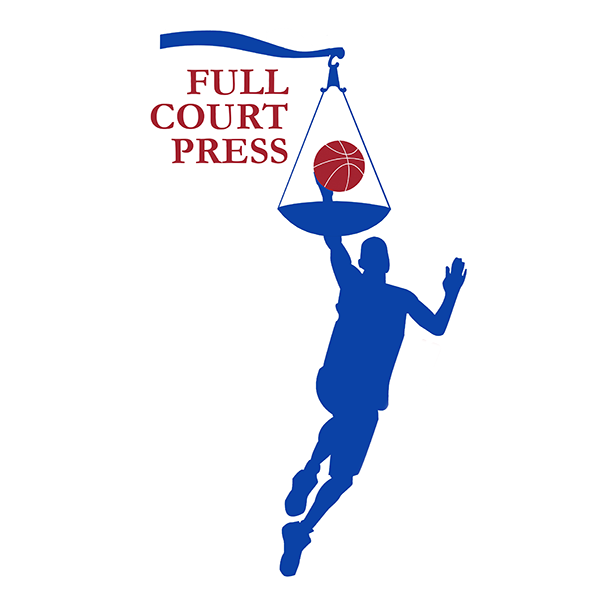Sports Markets Are Heating Up
Part III: Kalshi stumbles in Maryland—Will SCOTUS be the final referee?
Maryland Opens A New Door
We’ve got some news from Maryland, folks.
Judge Abelson has denied Kalshi’s motion for a preliminary injunction. While not entirely unexpected, it’s still a notable development. Dan Wallach, for one, has been predicting trouble for Kalshi. Based on how the oral argument unfolded, he predicted Maryland would likely be Kalshi’s first loss, after collecting wins in Nevada and New Jersey.
He was right.
This is big news. Not necessarily the decision itself--the case still has a long road ahead–but because it marks the first crack wall. Sportico commented that the ruling could pave the way for a Supreme Court showdown. Brownstein echoed that sentiment.
They’re right, too.
Why? Because the stakes are enormous. At its core, the issue is about deciding the future of sports gambling in America. The country has danced around the issue for too long. Now, the chickens are coming home to roost.
If this issue reaches the Supreme Court, it will likely be through the certiorari process–where a party that loses in a lower court petitions the Supreme Court to hear the case. The odds of SCOTUS granting cert are slim, only about 2-3% of petitions are accepted. But some elements can improve the chances: Issues selected for review are generally of national significance and a split among lower courts helps. The first box is clearly checked. The second? Maryland may be the first sign that a split is emerging.
In a cert petition, the framing of the question is absolutely critical. The right question can dramatically increase the odds of being heard by the highest court in the land.
We have filed a closely-related cert before and our question was:
“Is sports performance an excluded commodity under the Commodity Exchange Act?”
It was the right question, just too early. This was pre-PASPA repeal, before state-regulated sports gambling (with few exceptions), and before prediction markets offered sports event contracts. The Supreme Court prefers to let issues mature. Now, PASPA is gone, and sports betting is thriving, both through state regulation and federally regulated DCMs.
Is that still the right question to ask? Maybe. Judge Abelson didn’t address whether sports performance qualifies as an excluded commodity, nor did he reach the issue of whether sports event contracts are swaps. That may have sufficed for the purposes of deciding the motion, but eventually, these issues must be addressed. Because if sports is an excluded commodity, as former CFTC Commissioner Brian Quintenz believed, why wouldn’t the CFTC have jurisdiction? And if it does, what are the implications for state-regulated sports betting?
Let’s step back and distill the issue to its core.
When it comes to sports betting, there are three competing opinions in relation to who can legally offer the bets. If this case ever reaches the Supreme Court, these views will be front and center, can you guess who holds these views?
It shouldn’t be too hard to determine who holds which view–but for clarity, we’ll spell it out:
The first view belongs to the states and tribes;
The second view belongs to Kalshi; and
The third view is our own at NFI.
Our view will certainly be the most unpopular, but we’re convinced it’s the right one.
We’ll unpack this in future posts. If interested in fresh, novel takes, especially as the sports markets continue to heat up, consider subscribing and be notified as soon as our posts drop. A warm thank you goes out to our current supporters!




